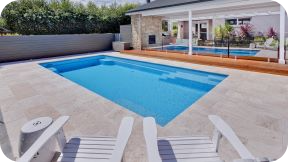Articles
Is a DIY pool the best idea?
Deciding Between DIY and Professional Swimming Pool Installation
If you are considering buying a DIY Pool we would strongly recommend you read the article below. DIY pools are not for everybody. Because we are committed to providing high quality product with reliable warranties, we do not allow Compass Pools dealers to sell Compass Pools under a DIY arrangement.
For many people, investing in a swimming pool is a significant decision, and it's natural to explore ways to minimize the overall cost of the project. One option that comes to mind is DIY pool installation, which offers the potential for initial cost savings. However, before diving in, there are several factors to consider.
Are You Prepared for the Challenge?
Installing your own swimming pool is not a task for the faint-hearted. It requires technical knowledge, careful planning, and trade skills such as plumbing and building. Even a minor miscalculation during excavation can result in the need for additional backfill material and more time to rectify the problem. Without intimate knowledge of the installation process, you're more likely to encounter issues that can quickly negate any potential savings.
To ensure proper installation, safe plumbing, and effective drainage to prevent structural damage, the following steps are critical:
- Utilizing free-draining bedding material beneath the pool shell floor
- Implementing efficient filtration plumbing to minimize system pressures and comply with water recirculation safety standards
- Employing cement-stabilized backfill, meeting minimum specifications, compacted and washed around the walls and steps
- Incorporating sub-soil drainage around the pool perimeter, in addition to a compliant stand-pipe system
- Building an engineered concrete bond beam with proper reinforcement tied to the fiberglass coping to accommodate soil reactivity
The Skills Required for Pool Construction
Confident in your ability to handle pool plumbing?
Building a swimming pool is a major construction project that demands careful management. It involves excavation, ground preparation, plumbing, concrete work, and electrical tasks. Understanding engineering principles and compliance with Australia and New Zealand standards are crucial. Failure to adhere to these requirements may void your warranty and leave you without insurance coverage. Many DIY enthusiasts end up outsourcing to professionals due to these complexities.
When it comes to building a new pool, the challenge lies in the unknowns that may arise during excavation. DIYers often face budget overruns and overwhelm when encountering abnormal soil conditions. What will you do if you hit rock or discover a high water table in your backyard? Do you have the appropriate equipment and confidence to handle such situations effectively?
It's also essential to consider the time and effort required for pool installation. While a professional team may complete the job in a week or two, it's difficult to estimate how long it would take for a DIY project.
Will You Actually Save Money?
The answer depends on how much work you can handle yourself versus how much you'll need to outsource to other contractors. When accounting for your own time, it's possible that the costs may exceed those of hiring an experienced professional who can complete the job quickly.
It's worth noting that most pool companies make minimal profit from the installation component of the pool. The cost they charge reflects the expenses they incur during the process. By engaging a professional pool installer, you benefit from their industry experience, and you can rest assured that they understand all the potential risk factors specific to your site.
In the event that something goes wrong, having your pool professionally installed provides peace of mind. You have someone to rely on. However, if you choose the DIY route, you must stand behind your own work. Additionally, if you plan to sell your property within 6-7 years, you may need to provide Home Owners Warranty Insurance. While manufacturer warranties may cover defects in the pool shell, as the builder, you are responsible for ensuring strict adherence to pool standards and engineering specifications.
What Ongoing Support Will You Receive?
The installation of your pool is just the beginning of your journey as a pool owner. Your pool should be a backyard feature for decades to come. One advantage of purchasing from a professional installer is having local support and advice readily available. When buying a DIY pool kit, consider the following:
- Is the seller located nearby to provide onsite support if needed?
- How long have they been in business, and what is their online reputation?
- Will they assist you with equipment-related issues in the future?
- What does their warranty cover, and how protected are you as a consumer if you install the pool yourself?
Ultimately, if you possess practical skills and construction experience, installing your own swimming pool may be a viable option to save money. However, for the average "weekend warrior," DIY pool installation can be a risky decision, potentially costing more than anticipated.
Alternative Money-Saving Options
If you're not keen on installing your own pool, there are other ways to save money. While pool installation may not be suitable for DIY, you can still take on other tasks such as fencing, landscaping, decking, and paving. With a bit of DIY effort in these areas, you can achieve cost savings while leaving the pool installation to the professionals.
Read more articles


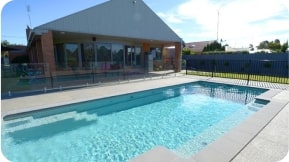
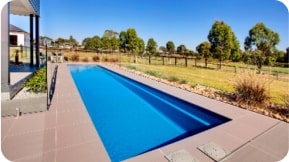

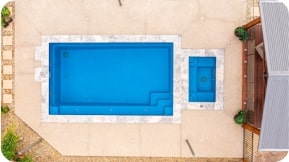
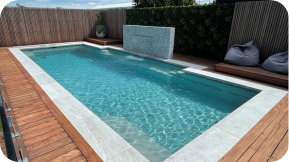
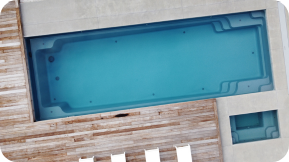
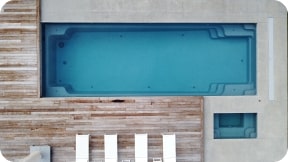


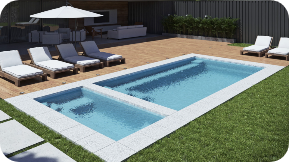
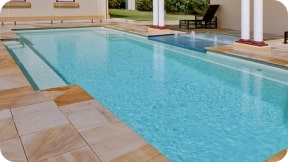
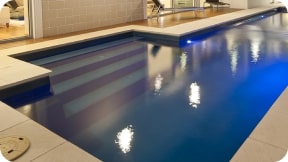

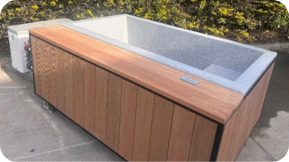
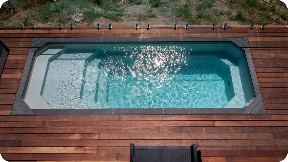






.png)


